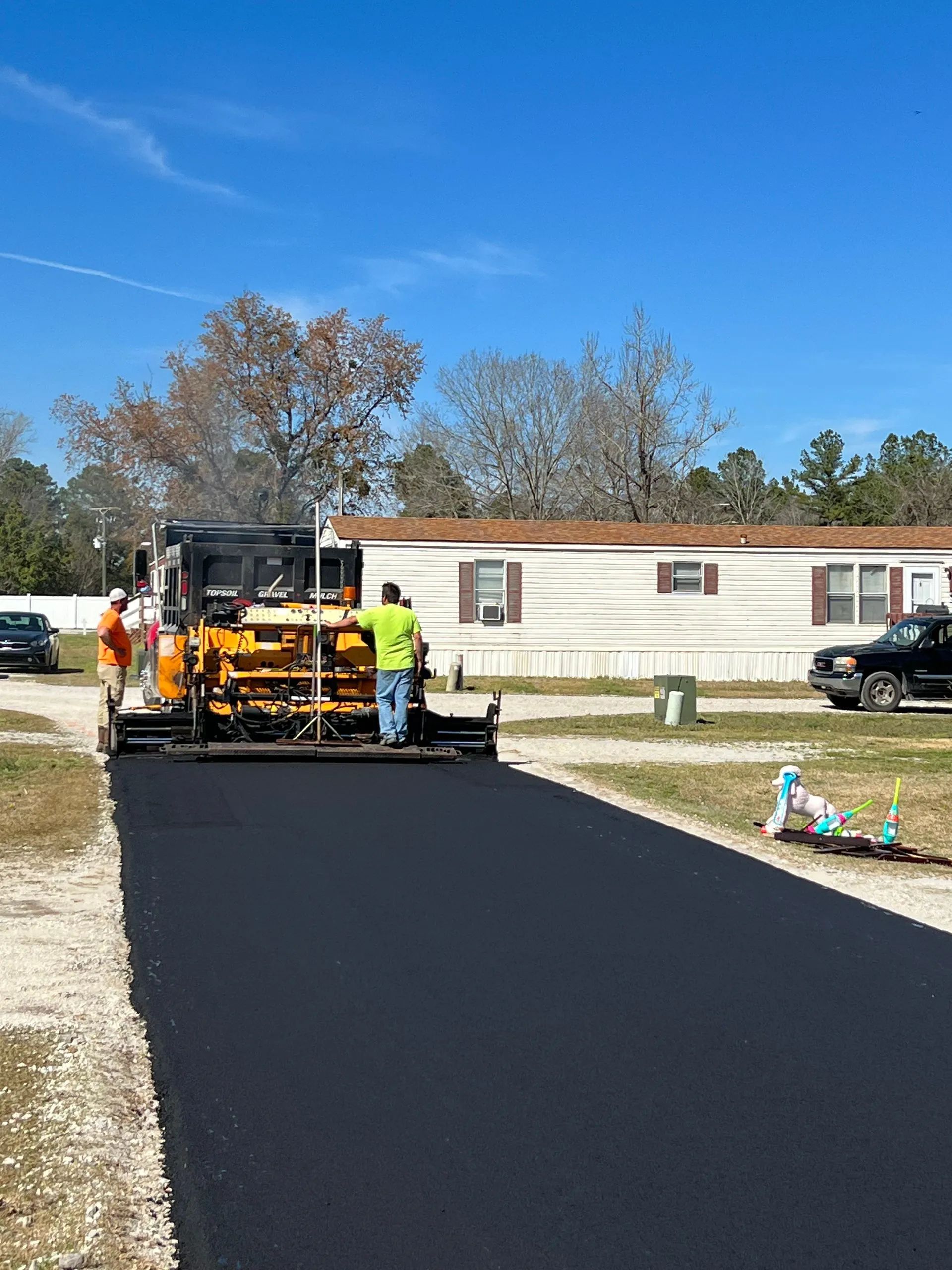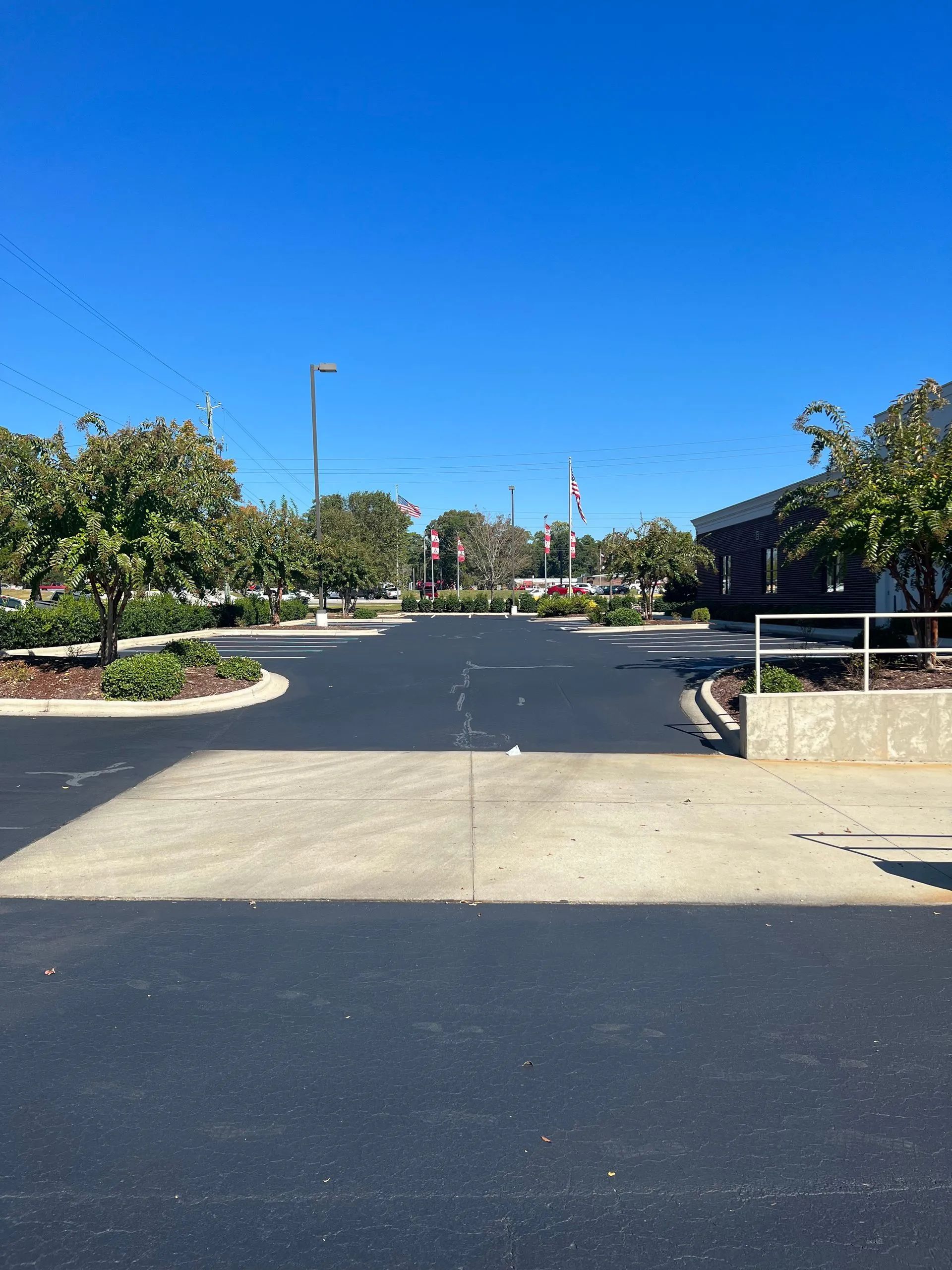Everything You Need to Know About Commercial Paving Projects
Whether it's a retail center, office park, industrial facility, or apartment complex, the condition of your pavement can impact curb appeal, safety, and the overall impression of your business. A properly planned and executed commercial paving project ensures smooth operations, reduces long-term maintenance costs, and enhances property value. However, commercial paving involves more than just laying down asphalt—it’s a strategic investment requiring careful planning, expert execution, and the right materials.
From surface preparation and material selection to permits and traffic control, every step plays a role in long-term performance. With rising expectations for quality and compliance, working with experienced professionals has never been more important.
Commercial paving also impacts branding—smooth, well-marked lots reflect a commitment to quality. Whether you're planning a new lot or upgrading an existing one, understanding the process will help you avoid unnecessary costs and delays. This blog walks you through the essentials to ensure a smooth, successful project.
1. Planning and Site Evaluation
Every successful paving project begins with a thorough site evaluation. This includes analyzing the soil composition, grading, drainage systems, traffic load, and existing pavement conditions. Engineers and paving professionals use this information to design a pavement structure that can withstand daily wear and environmental stresses.
2. Choosing the Right Materials
For commercial applications, asphalt is often the preferred material due to its durability, flexibility, and cost-effectiveness. However, other materials like concrete may be used in specific situations, such as high-load zones or areas with heavy vehicle traffic. The type and thickness of material layers depend on usage requirements, climate, and budget.
3. Permits and Regulations
Commercial paving projects are subject to local regulations and zoning laws. Obtaining permits and adhering to ADA compliance, stormwater runoff standards, and environmental guidelines are critical to avoid penalties or costly project delays. Hiring a company familiar with local ordinances helps streamline this process.
4. Project Phasing and Traffic Management
Minimizing disruptions to your business or tenants during construction is a major concern. Experienced paving contractors plan the project in phases to allow portions of the property to remain accessible. Traffic control measures, signage, and safety barriers are used to ensure smooth operation during construction.
5. Quality Control and Workmanship
Proper compaction, even grading, and appropriate layering are crucial for long-lasting results. Skimping on any step may lead to premature cracking, potholes, or drainage issues. Reputable contractors conduct quality checks at every stage to ensure the project meets industry standards and delivers maximum longevity.
6. Ongoing Maintenance
Even the best commercial pavement requires maintenance. Services such as sealcoating, crack filling, and periodic resurfacing extend the life of your pavement. Establishing a routine maintenance schedule protects your investment and prevents minor issues from turning into major repairs.
Partner with the Pros for Paving That Lasts
At Able Asphalt Paving Inc., we bring over 15 years of experience in delivering dependable, high-quality commercial paving solutions across Jacksonville, NC. Our team understands the complexities involved in commercial projects, from initial planning to final striping, and we’re committed to getting the job done right the first time. Whether you need new pavement, resurfacing, or expert repairs, trust our knowledge, equipment, and dedication to bring long-term value to your property. Contact Able Asphalt Paving Inc. today for a consultation and discover the difference a professional approach can make.



